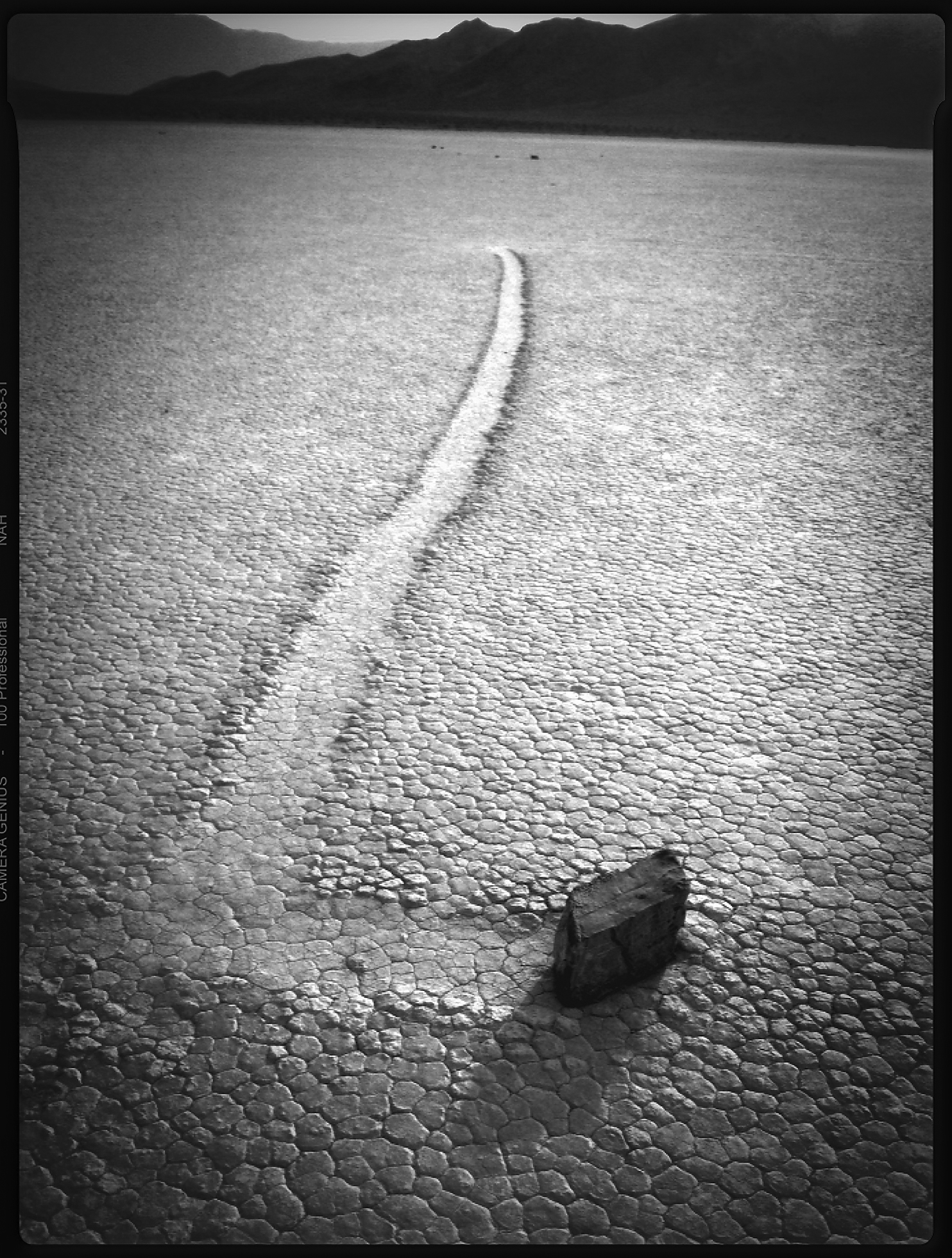Browse Topics
Science and Technology
Wrong Turn
Biologist Rupert Sheldrake On How Science Lost Its Way
I suggest that morphogenetic fields work by imposing patterns on otherwise random or indeterminate activity. Morphogenetic fields are not fixed forever, but evolve. The fields of Afghan hounds and poodles have become different from those of their common ancestors, wolves. How are these fields inherited? I propose that they are transmitted from past members of the species through a kind of nonlocal resonance, which I call “morphic resonance.”
February 2013Indefensible
David Krieger On The Continuing Threat Of Nuclear Weapons
The path to security can only be through total nuclear disarmament. We cannot indefinitely maintain a world of nuclear haves and have-nots, and we cannot go attacking every country that we think might be on the path to making a bomb.
January 2013Weekly Apocalyptic, Or Poem Written On The Wall In An Ascending Space Capsule
We had to stop what we were doing / to see what we had done. Thing was, / we wouldn’t.
December 2012After the e-mail saying you forgave me
It was about the time the first / poplar leaves turn yellow. / The cottonmouth, thick as a muscular arm, / slid into the water at my feet.
March 2012Sunbeams
September 2011If we had a reliable way to label our toys good and bad, it would be easy to regulate technology wisely. But we can rarely see far enough ahead to know which road leads to damnation. Whoever concerns himself with big technology, either to push it forward or to stop it, is gambling in human lives.
The Sincerest Form Of Flattery
Janine Benyus On The Virtues Of Imitating Nature
Our mission, in both our business and our nonprofit, is to increase respect for the natural world. Creating more-sustainable products and processes is just an extension of that. To learn from nature, you have to become involved with what Wes Jackson calls the “deep conversation.” To learn how to take carbohydrates and water and turn them into a fiber as strong as steel, as a spider does, you go to a spider and respectfully ask, “How are you doing that?” Then you go and try to do it yourself. And when you fail — it’s very hard to do! — you go back to the organism and ask again.
September 2009Sunbeams
July 2009In the main, and from the beginning of time, mysticism has kept men sane. The thing that has driven them mad was logic.
Sunbeams
March 2009By nature, French artist Edgar Degas was conservative. His friend the etcher Jean-Louis Forain believed in progress. Forain had recently installed that newfangled invention, the telephone. Arranging to have a friend phone him during the meal, he invited Degas to dinner. The phone rang; Forain rushed to answer it, then returned, beaming with pride. Degas merely said, “So that’s the telephone. It rings and you run.”
Computing The Cost
Nicholas Carr On How The Internet Is Rewiring Our Brains
As we increasingly connect with the world through computer screens, we’re removing ourselves from direct sensory contact with nature. In other words, we’re learning to substitute symbols of reality for reality itself. I think that’s particularly true for children who’ve grown up surrounded by screens from a young age. You could argue that this isn’t necessarily something new, that it’s just a continuation of what we saw with other electronic media like radio or TV. But I do think it’s an amplification of those trends.
March 2009






